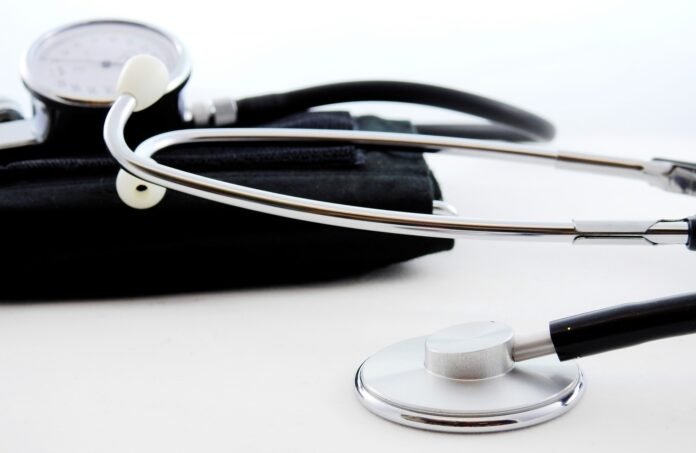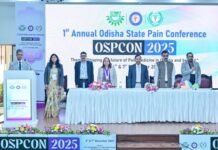New Delhi: July 24: Despite advocating that self-care is an important part of health and overall well-being, many physicians overlook their own in this regard, researchers say.
According to the survey conducted by The Harris Poll, lack of time, job demands, family demands, and being too tired are the most common reasons for physicians not practicing their desired amount of self-care.
“Doctors seem to understand the physical as well as mental, emotional and social value of engaging in self-care and that’s encouraging because we are in a powerful position to help promote self-care among our patients,” said Wayne Jonas from Samueli Integrative Health Programs in the US.
“But when it comes to their own self-care, many physicians are falling short, which perhaps is one reason for the clinician burnout crisis facing our country,” he added.
The survey involved more than 300 physicians as well as more than 1,000 American adults aged 18 and older. It was found that although 80 per cent of physicians say practising self-care is “very important” to them personally, only 57 per cent practice it “often” and about one-third (36 per cent) do so only “sometimes”.
“Due to their hectic schedule most physicians don’t eat on time and very often are not able to exercise. Diet also tends to be unhealthy. Despite all the knowledge they possess they are not able to implement it on themselves,” Sundari Srikant, Internal Medicine, Senior Consultant, QRG Health City Hospital in Faridabad, told IANS.
Lack of time is the primary reason physicians say they are not able to practice their desired amount of self-care (72 per cent). Other barriers include mounting job demands (59 per cent) and burnout (25 per cent), said the researchers.
Additionally, almost half of physicians (45 per cent) say family demands interfere with their ability to practice self-care, and 20 per cent say they feel guilty taking time for themselves.
According to Rajinder Kumar Singal, Principal Consultant and Director in Internal Medicine Department at BLK Super Speciality Hospital in Delhi, medical practitioners are too involved in their professional work and they tend to neglect themselves and their own families. They are also under tremendous public pressure and more prone to abuse of prescription drugs and alcohol.
“Clinicians who care for seriously ill patients face a high risk for diminished personal well-being. Self-care has the potential not only to minimise the harm from burnout, compassion fatigue and moral distress but to promote personal and professional well-being,” Singal told IANS.
Self-care strategies exist in both the personal and professional realms with proven benefits in mitigating the effects of burnout, compassion fatigue and moral distress.
Clinicians need to adopt a healthy lifestyle with regular exercise and vacations to promote life-work balance.
“Doctors should be encouraged to follow the practice of yoga, meditation and they should prioritise personal relationships such as family and close friends,” Singal added.(IANS)




























